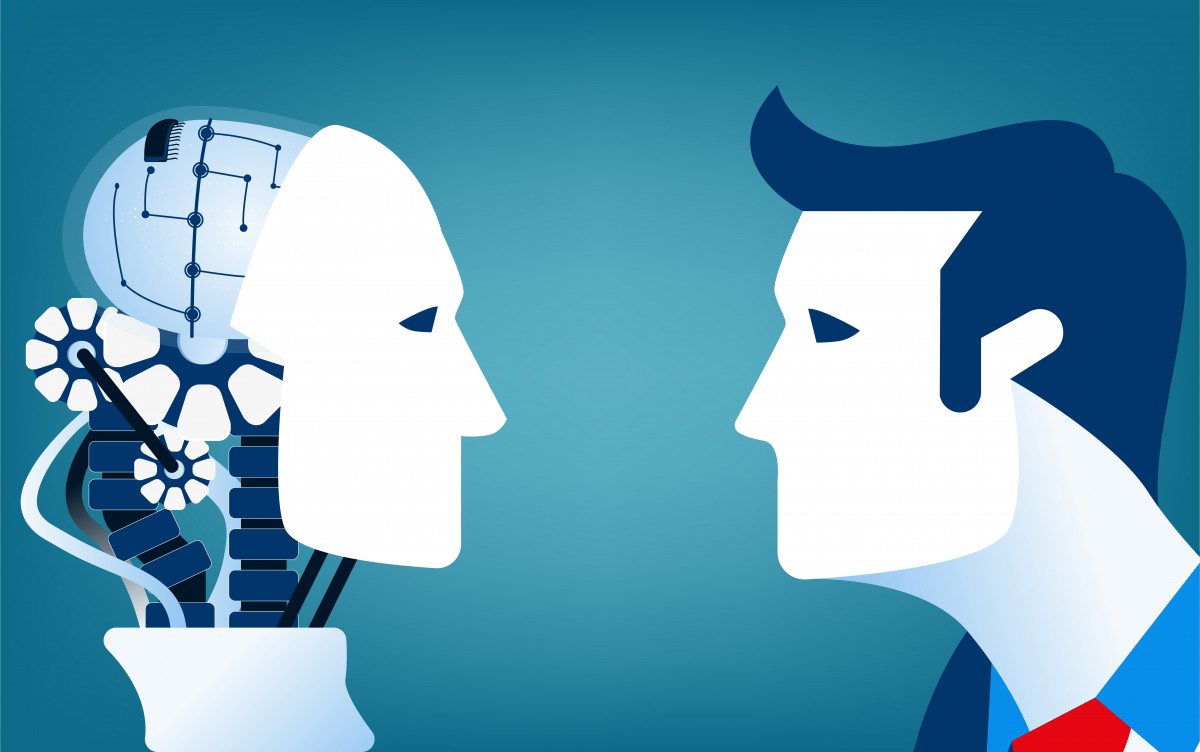The findings come from a new study by Headspring, the executive development joint venture of the Financial Times and IE Business School, which also revealed that almost two thirds (63%) of UK office workers surveyed across all sectors are unconvinced that their current employers are prepared to adopt AI at work within the next 12 months.
Almost two in five (39%) office workers who work in the IT and telecoms sector believe their employer would need to introduce new processes to manage the ethics of AI systems if they were to be introduced into their current workplace.
Managing the ethical implications of using AI in the workplace is among the top priorities that office workers who work in the IT and telecoms sector want to see from their employers, if these systems were to be introduced into their current workplace, alongside managing internal communications to ease any potential negative perceptions (40%).
When it comes to fears over how artificial intelligence will have an impact on their career, one in five (22%) UK office workers surveyed believe introducing AI in their current role would reduce the number of people in their department.
Data and IT departments featured heavily among the top five departments workers believed AI will have a role in improving the accuracy of.
The top five jobs UK office workers think AI could do a more accurate job than a human are:
- Data handling (59%)
- Financial forecasting (42%)
- IT (35%), accounting/managing finances (35%)
- Productivity management (24%)
- Communications (17%)
However, when asked if AI would reduce the number of people in their departments, just 15% of those in senior management positions or above agreed.
Headspring CEO, Gustaf Nordbäck, says: “It’s clear that there’s a divide between employers and employees over how AI will be implemented in the workplace, and the ways in which it will impact jobs. While the ongoing debate around AI and robots replacing human jobs continues, our study highlights the ever-important role that human instinct plays in all industries. “While office workers show some concern over how prepared their employers are, and whether the introduction of AI will result in job losses, it’s noteworthy that senior executives do not share these concerns.”
“Ultimately, employers and employees can learn from these findings. It’s important that companies understand and manage the concerns that their workforce has over the impact AI will have on their careers and work together to harness the positive impact that humans and AI combined can have on a business.”




